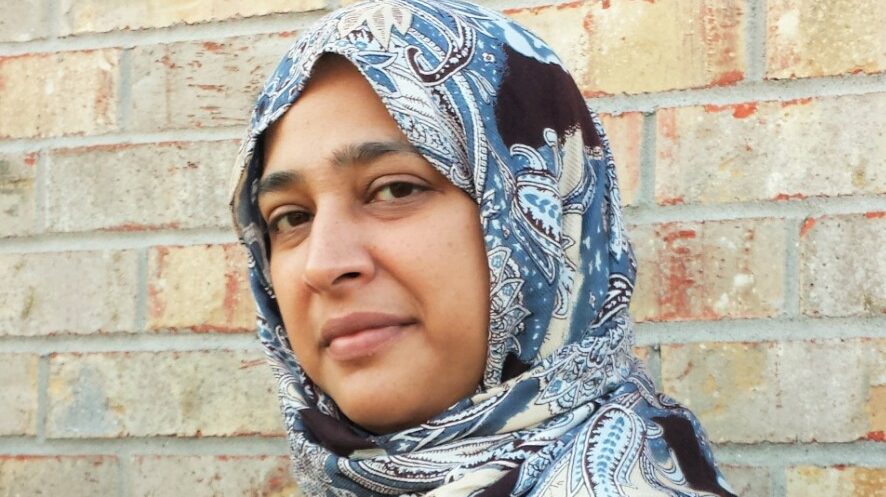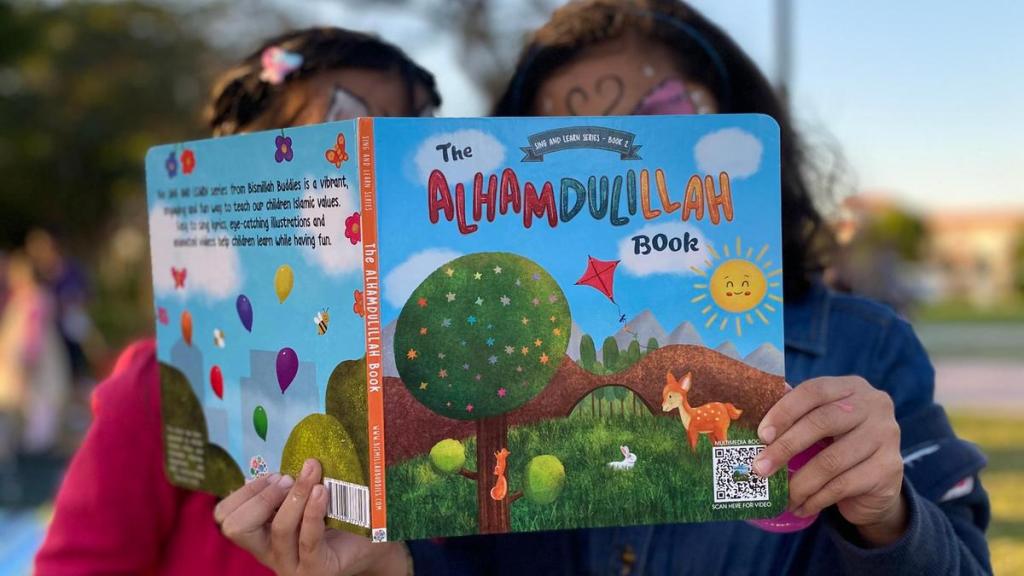 As a child, my favorite books were those in which I could see myself. As a tomboy and a devoted reader, the titular Harriet from Harriet the Spy, and Gwen and Jill from the series Something Queer is Going On, became characters I could rely on for comfort and understanding. Only later did I realize that, on top of being nerdy tomboys, these girls were also coded as queer, giving me subtle permission to be who I was—who I am.
As a child, my favorite books were those in which I could see myself. As a tomboy and a devoted reader, the titular Harriet from Harriet the Spy, and Gwen and Jill from the series Something Queer is Going On, became characters I could rely on for comfort and understanding. Only later did I realize that, on top of being nerdy tomboys, these girls were also coded as queer, giving me subtle permission to be who I was—who I am.
But what happens when a child doesn’t have models like these? When the books she reads are full of children who look nothing like her, whose families look nothing like hers, whose stories—while they might be otherwise relatable—don’t center on people like her? The writer Saadia Faruqi worried about how this dynamic might shape how her brown, Muslim daughter—growing up in Houston, Texas—understood the world, and her place in it.
Born and raised in Pakistan, Faruqi moved to Houston with her husband shortly after they were married, and has since invested tremendous energy in promoting better understanding between cultures in her adopted country. She has been an interfaith activist since shortly after September 11, 2001, when she began providing cultural sensitivity training for synagogues and churches, police departments, businesses, and teachers, among others. Faruqi is is editor-in-chief of Blue Minaret, a magazine for Muslim art, poetry, and prose. Her essays on faith and parenting have appeared in TheWashington Post, Upworthy, The Islamic Monthly, Catapult, and The Huffington Post, among other publications. Last year, Oprah Magazine featured her as a woman making a difference in her community.
After releasing a book of short stories in 2015, Faruqi recently published her first chapter book series for early readers, Meet Yasmin! Illustrated by Hatem Aly in an energetic style that focuses on the lively protagonist, the four-book series features a Pakistani-American girl who is active, imaginative, and independent. Each book (all were published simultaneously and can be acquired either as one unit, or as four individual stories) features Yasmin running into some kind of problem—like getting lost or struggling to be creative—and figuring out how to fix it, all on her own. Faruqi knew that brown and Muslim children were already having painful conversations, out of necessity, about discrimination and bigotry. So she wrote a book that gave them a break from those weighty subjects. As Faruqi explained in a piece for Nerdy Book Club, “Yasmin is happy and healthy and faces everything that comes her way with determination and courage. She’s someone we all want our kids to be. She’s just an ordinary American girl, and my kids need her so much.”
I spoke to Faruqi via Skype on Yasmin’s publication date. She was charming, with a warm voice and an easy laugh. We talked about the burden of representation and the need for perfection, her sizable work load, and the big challenges and deep emotions that come with writing for children.
FULL ARTICLE FROM GUERNICA

 As a child, my favorite books were those in which I could see myself. As a tomboy and a devoted reader, the titular Harriet from Harriet the Spy, and Gwen and Jill from the series Something Queer is Going On, became characters I could rely on for comfort and understanding. Only later did I realize that, on top of being nerdy tomboys, these girls were also coded as queer, giving me subtle permission to be who I was—who I am.
As a child, my favorite books were those in which I could see myself. As a tomboy and a devoted reader, the titular Harriet from Harriet the Spy, and Gwen and Jill from the series Something Queer is Going On, became characters I could rely on for comfort and understanding. Only later did I realize that, on top of being nerdy tomboys, these girls were also coded as queer, giving me subtle permission to be who I was—who I am.